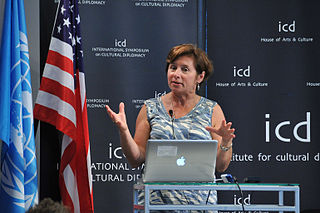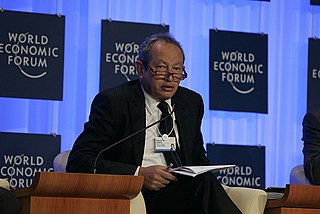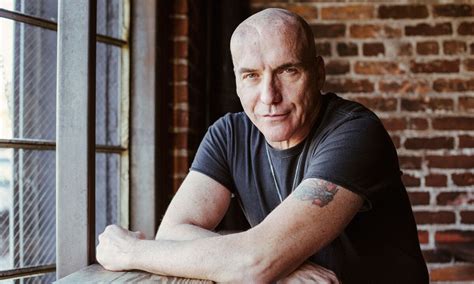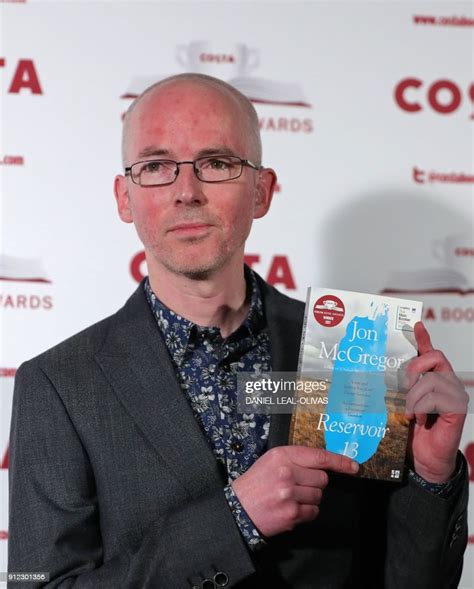A Quote by Cynthia P. Schneider
Washington was taken by surprise by the Egyptian revolution because policy experts focused too much on Mubarak and his government, and too little on the 'voice of the people.'
Related Quotes
We drink too much, smoke too much, spend too recklessly, laugh too little, drive too fast, get too angry, stay up too late, get up too tired, read too little, watch tv too much. We have multiplied our possessions but reduced our values. We talk too much, love too seldom, and hate too often. We've learned how to make a living but not a life. We've added years to life, not life to years.
A Manhattan lawyer who describes himself as "America`s leading expert on the militia movement" writes that he hugged his three-year-old kid the night of the Oklahoma City bombing. He told junior that it happened "because they hated too much" For now, let`s accept the premise that one hundred sixty-eight humans died in Oklahoma City because people "hated too much" Now answer these questions if you would be so kind: did a federal sniper shoot Vicki Weaver in the face because he hated too much? Did our government conduct the Tuskegee with syphilis on black soldiers because it hated too much?
Government is not a solution to our problem, government is the problem. ... Government does not solve problems; it subsidizes them. Government's view of the economy could be summed up in a few short phrases: If it moves, tax it. If it keeps moving, regulate it. If it stops moving, subsidize it. ... The problem is not that people are taxed too little, the problem is that government spends too much.






































